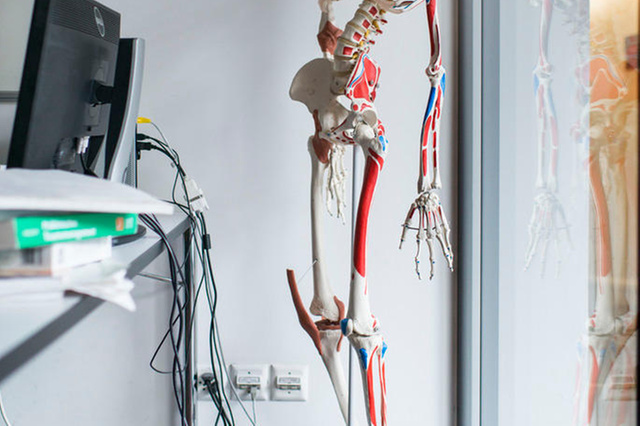Why big data is good for your health
- by 7wData

At the University Hospital of Giessen and Marburg 6,000 patients are waiting for a diagnosis of their rare conditions. In a good year, doctors can only diagnose 1,000 of them. A Zurich-developed artificial intelligence system it’s now using can diagnose baffling cases in days.
Most patients have spent years bouncing from one doctor to another, building up huge dossiers of medical notes. Rare diseases typically take at least five years to correctly name, and sometimes up to 30, by which time it can be too late for effective treatment.
“This is an inefficient, costly business,” Dr Jurgen Schafer, who heads the German university’s medical team, said at a media conference at IBM Zurich in October. “The computer is not going to replace the physician. But with this amount of data, it is completely clear that we don’t need more physicians – we need more computer power.”
Researchers at IBM in Rüschlikon, near Zurich, have tweaked Watson, their artificial intelligence system, to improve treatments by wading through vast amounts of data . Watson also trawls through online questionnaires to strip out key medical terms and put them together to give the most likely diagnoses. Tests have shown the system works, and quickly.
Watson is already being used in a test study by the University Hospital Zurich to identify aggressive postrate cancer tumours earlier and more efficiently.
Paying for drugs
Big pharma is also getting in on the act. Joseph Jiminez, CEO of Switzerland’s Novartis believes big data could be taken advantage of to bring down the spiraling costs of healthcare, and deflect criticism for the high costs of its patent-protected drugs.
Jiminez argues that a wasteful system as a whole is responsible for rising health insurance bills. “Today, most healthcare systems do not know if they are improving patient outcomes or even how much they spend to get an outcome,” he told journalists at the company’s annual International Biotechnology Leadership Camp in Basel in August.
Jiminez is proposing a radical solution that would overhaul the system of paying for drugs. Instead of paying by volume, the bill will be calculated by effectiveness of treatments. “We have to change how we define value, and we need data to do that,” he said.
That data would come in the form of “real world outcomes” – working out how much a drug is helping a patient’s illness. Jiminez recognizes that such a system would be fraught with challenges that could not be solved by artificial intelligence alone.
It would require the coordinated efforts of drugs companies, doctors, healthcare providers and governments to constantly feed a database with the right information. And it would require the willingness of patients to be monitored for adherence to medicament programmes.
Getting to this stage could take many years, but Jiminez is undeterred.
“Moving away from the current system to one that focuses on outcomes is a daunting challenge, but it can be met. Doing so will require courageous leadership,” he said. “This is a fundamental change in how we do business and how we think about our products.”
AI and multiple sclerosis
Novartis is collaborating with Microsoft to monitor the development of multiple sclerosis (MS) patients.
MS sufferers can take home a machine, based on the Xbox games console, which can accurately detect any worsening of the condition and give doctors better information to prescribe treatments.
The self-learning system works by monitoring patients’ performance in a series of tests that measure neurological functioning. These include stretching out an arm and then touching the tip of the nose with the hand.
The patient is instructed in how to perform these exercises by an animated figure on the screen.
[Social9_Share class=”s9-widget-wrapper”]
Upcoming Events
Shift Difficult Problems Left with Graph Analysis on Streaming Data
29 April 2024
12 PM ET – 1 PM ET
Read MoreCategories
You Might Be Interested In
How artificial intelligence can enhance blockchain platforms
3 Jun, 2021Artificial intelligence and blockchain are both touted as technologies that will lead our future. But here’s the problem: They’re like …
Getting the right people on the big data bus
26 Jun, 2016If you’re grappling with the challenge of launching a big data initiative, and if the answer to either of these …
Cloud computing delivers on outsourcing’s promise of cost savings
14 Jun, 2016I try always to avoid answering an enterprise client’s question with “it depends” because it makes me sound like, well …
Recent Jobs
Do You Want to Share Your Story?
Bring your insights on Data, Visualization, Innovation or Business Agility to our community. Let them learn from your experience.
Privacy Overview
Get the 3 STEPS
To Drive Analytics Adoption
And manage change




